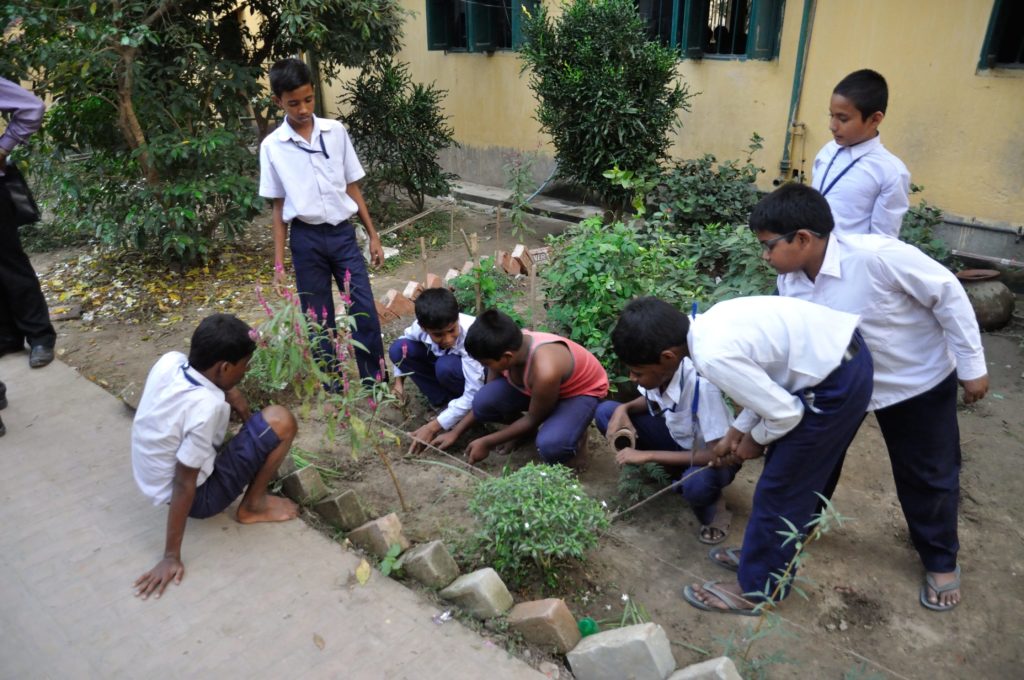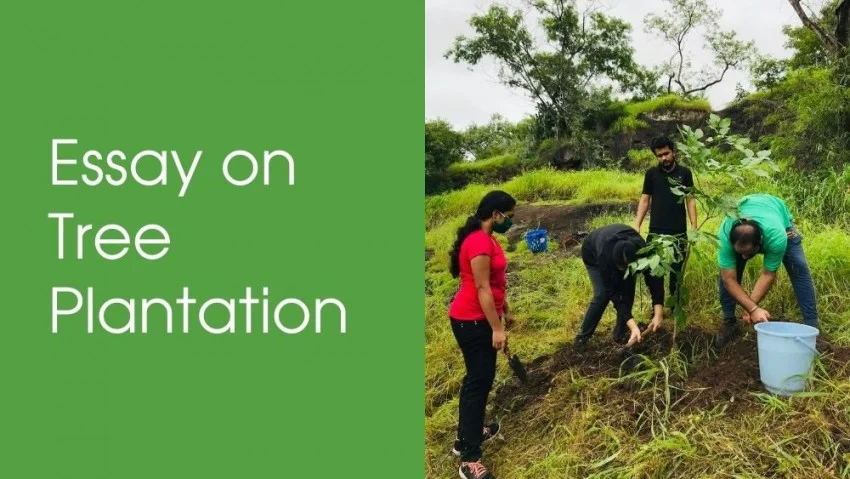The Importance of Tree Plantation
Tree plantation is more than just a trendy environmental initiative—it’s a life-saving practice. In today’s world, where environmental degradation and climate change are looming threats, planting trees has become a vital activity that can impact both local communities and the global ecosystem. But why is tree plantation so important? Let’s dive into it.
What is Tree Plantation?
Defining Tree Plantation
importance of tree plantation refers to the organized process of planting trees in a planned manner for environmental, social, and economic benefits. Whether it’s an individual planting a tree in their backyard or a large-scale government initiative, the goal is the same: restore nature.
Its Role in Nature
Trees are nature’s way of balancing ecosystems. They provide shade, produce oxygen, and maintain the climate’s health, ensuring life can flourish on Earth. Simply put, without trees, life as we know it would be unsustainable.

The Environmental Benefits of Tree Plantation
Reducing Air Pollution
Trees are often called nature’s air purifiers for a reason. They absorb harmful gases like carbon dioxide and produce oxygen through photosynthesis, giving us cleaner air to breathe.
Trees as Natural Air Purifiers
In urban areas, trees can help filter out harmful pollutants like nitrogen oxides, ammonia, and sulfur dioxide. Their leaves trap particulate matter, improving air quality and benefiting public health.
Combating Climate Change
One of the most significant environmental challenges we face today is climate change, and trees are an essential part of the solution.
Carbon Sequestration and the Role of Trees
Through the process of carbon sequestration, trees absorb carbon dioxide from the atmosphere, reducing greenhouse gases that cause global warming. Forests act as carbon sinks, capturing more carbon than they release.
Enhancing Biodiversity
Tree plantations create habitats for countless species, encouraging biodiversity. A single tree can support many forms of life, from insects to birds, and plays a critical role in ecosystem health.
Habitat for Wildlife
Forests and wooded areas are vital for animals, birds, and insects. The variety of trees and plants in these ecosystems provide food, shelter, and breeding grounds, maintaining biodiversity and ecological balance.
Social and Economic Benefits of Tree Plantation
Enhancing Mental Health
Did you know that being around trees and green spaces can reduce stress? Studies show that exposure to nature has a positive impact on mental health, lowering levels of anxiety and depression.
Reducing Energy Costs
Trees strategically planted around homes can provide shade in the summer and act as windbreakers in the winter, reducing heating and cooling costs. They are a natural way to save energy and money.
Improving Property Values
Having trees in and around your neighborhood can boost property values. People tend to prefer living in green areas, and mature trees can add aesthetic and financial value to properties.
The Role of Tree Plantation in Combatting Climate Change
How Deforestation Contributes to Climate Change
Deforestation, the large-scale cutting down of trees, exacerbates climate change by releasing stored carbon dioxide into the atmosphere. Forest loss is responsible for about 10% of global warming emissions.
Reforestation as a Solution
Tree plantation, or reforestation, is a critical method to counter deforestation. Planting new trees helps to re-establish ecosystems, balance carbon levels, and reduce the harmful effects of climate change.
The Impact of Tree Plantation on Soil Health
Reducing Soil Erosion
Trees help anchor soil, reducing the risk of erosion caused by wind and water. Their roots bind the soil together, preventing it from being washed or blown away.
Enhancing Soil Fertility
The decomposing leaves and organic matter from trees enrich the soil, making it more fertile. This allows for better crop growth and healthier ecosystems.
The Role of Trees in Water Conservation
Trees and Water Retention
Trees absorb water through their roots and release it back into the atmosphere, playing a key role in the water cycle. This helps maintain local water supplies and supports agriculture.
Reducing the Risk of Floods and Droughts
By regulating the flow of water, trees help prevent flooding during heavy rains and mitigate droughts during dry periods. Their roots absorb excess rainwater, reducing surface runoff.
How Communities Benefit from Tree Plantation Programs
Urban Greening
Tree plantations in cities provide numerous benefits, from reducing the urban heat island effect to improving air quality. Green spaces make urban areas more livable and enhance residents’ quality of life.
Educational Opportunities and Community Engagement
Tree plantation initiatives often involve communities in education and hands-on participation. This fosters environmental stewardship and creates a sense of belonging.
Tree Plantation and the Global Ecosystem
The Role of Forests in Regulating Ecosystems
Forests not only regulate the Earth’s atmosphere but also influence water cycles, soil health, and biodiversity. The balance they maintain is essential for a thriving planet.
The Role of Governments and NGOs in Promoting Tree Plantation
Government Policies and Incentives
Governments play a crucial role in tree plantation through policies that encourage reforestation. Many offer financial incentives for businesses and individuals to plant trees, contributing to large-scale environmental restoration.

How You Can Get Involved in Tree Plantation
Starting with Your Backyard
You don’t need to wait for a large-scale initiative to start planting trees. Whether it’s a small garden or a large yard, you can plant trees that provide shade, fruit, or simply add beauty to your space.
Joining Community Tree Planting Events
Many communities host tree planting events where volunteers can come together to plant trees. Participating in these events is an excellent way to contribute to your local environment.
Common Misconceptions About Tree Plantation
Trees Grow Too Slowly to Make a Difference
Many people believe that trees take too long to grow to make a significant impact. However, fast-growing species like poplar and eucalyptus can make a noticeable difference in just a few years.
